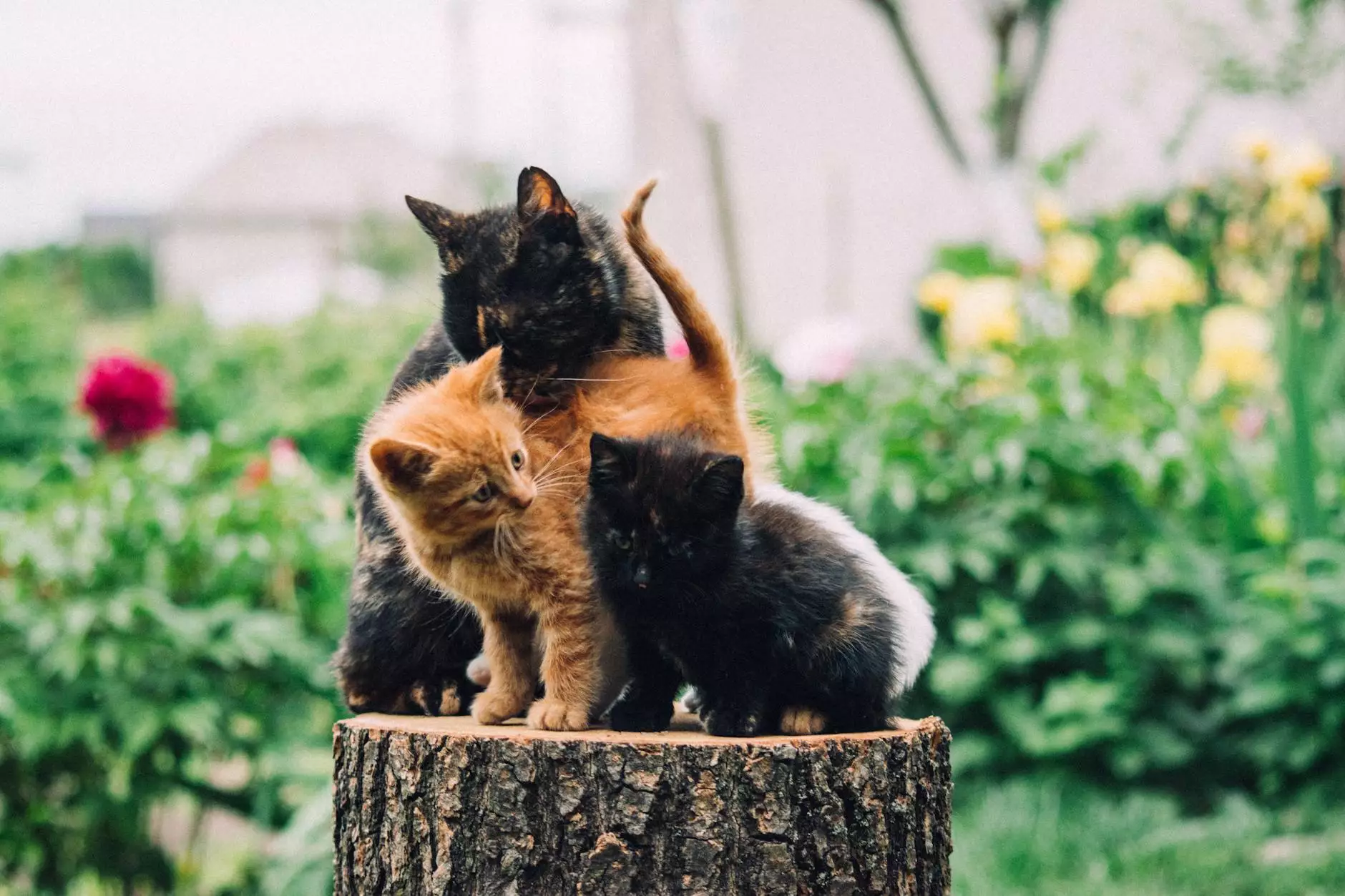The Rich Culture and Business Implications of "Kave Nậm Ét" in Southeast Asia

The phrase "kave nậm ét" holds significant cultural and economic importance among the Katu people, predominantly found in regions of Vietnam and Laos. This article will delve deep into the meaning behind this phrase, its relation to the coffee and cafe business, and how it intertwines with the broader coffee culture of Southeast Asia. The rich traditions of the Katu community showcase how local customs can impact global markets, especially in the thriving coffee and tea industry. Let’s explore how!
Understanding "Kave Nậm Ét"
The term "kave nậm ét" translates to “high-quality coffee” in the Katu language, a dialect that reflects the unique cultural tapestry of the Katu people. Coffee is not just a beverage in this context; it is a crucial part of their identity and a vital economic driver.
The Katu People: A Cultural Background
The Katu people inhabit the mountainous regions of Southeast Asia, primarily in the provinces of Quang Tri in Vietnam and Salavan in Laos. Known for their rich cultural heritage, the Katu are part of a larger group of ethnic minorities that contribute to the region’s diversity.
Traditions and Coffee
Coffee cultivation is deeply ingrained in the daily lives of the Katu. The process of growing, harvesting, and brewing coffee is infused with traditions that date back generations. From the plantation to the cup, every step follows age-old practices that promise a genuinely unique flavor profile, emphasizing the idea of quality over quantity.
The Coffee Business Landscape in Southeast Asia
Southeast Asia has emerged as a significant player in the global coffee industry. The region's unique climate is ideal for producing a wide variety of coffee beans, each with distinct flavors and aromas.
Regional Varieties of Coffee
- Vietnamese Robusta: Known for its strong flavor and high caffeine content, it dominates Vietnam's coffee exports.
- Laotian Arabica: With its smooth and fruity notes, it has become increasingly popular among specialty coffee consumers.
Impact of "Kave Nậm Ét" on Local Economies
The phrase "kave nậm ét" represents more than just high-quality coffee; it symbolizes the potential economic opportunities for the Katu people. By promoting their unique coffee offerings, they can attract tourists and specialty cafes looking for authentic flavors. This shift not only supports local farmers but also encourages sustainable practices, ensuring that the traditions surrounding coffee are preserved for future generations.
Creating a Business Around "Kave Nậm Ét"
Starting a Café: Key Considerations
Opening a café that highlights "kave nậm ét" involves thoughtful planning and a deep understanding of both cultural and business dynamics. Here are some essential considerations:
- Source Quality Beans: Partnering with Katu farmers ensures that the coffee served is authentic and supports local economies.
- Educate Your Customers: Sharing the story behind "kave nậm ét" can create a richer experience for customers, enhancing their appreciation for the product.
- Incorporate Cultural Elements: Design your café to reflect Katu heritage, from decor to music to menu options.
Marketing Strategies for Success
To effectively market a café centered around "kave nậm ét", it's vital to adopt both traditional and digital strategies:
- Social Media Engagement: Use platforms like Instagram and Facebook to show the brewing process and share stories from Katu farmers.
- Community Events: Organizing coffee tastings or cultural nights can draw in crowds and foster community relationships.
- Collaborations: Work with local artists or performers to create a vibrant atmosphere that celebrates Katu culture.
Sustainability in Coffee Production
The sustainability of coffee production is a pressing issue that needs to be addressed. The rise of specialty coffee presents an opportunity for the Katu to focus on sustainable practices. By participating in eco-friendly farming and trading practices, they can contribute to environmental conservation while also enhancing the quality of their product.
Benefits of Sustainable Practices
- Improved Taste: Higher quality beans often result from sustainable farming methods, which emphasize soil health and biodiversity.
- Economic Empowerment: Farmers trained in sustainable methods often see better prices for their goods.
- Community Well-being: Investment in sustainable practices usually leads to better working conditions for local laborers.
Consumer Trends: Analyzing Preference in the Café Culture
As the coffee industry evolves, consumer preferences also shift. The modern consumer seeks more than just a cup of coffee; they look for experiences and connections to culture.
The Rise of Specialty Coffee Shops
The demand for specialty coffee has soared globally, particularly in urban centers. Consumers are more inclined to support businesses that promote authenticity, heritage, and quality—three qualities embodied by "kave nậm ét".
The Future of "Kave Nậm Ét" in the Coffee Industry
Looking ahead, the future of "kave nậm ét" in the coffee business is robust. As more consumers become conscious of their choices, there will be an increasing appreciation for authentic and high-quality coffee that carries a cultural narrative.
Encouraging the Next Generation
It's crucial to engage the younger generations in sustaining the coffee culture linked to "kave nậm ét". Educational programs within the community can help pass down knowledge about coffee cultivation and cultural significance, ensuring that these traditions are not lost.
Conclusion: The Promise of "Kave Nậm Ét"
The essence of "kave nậm ét" represents much more than just excellent coffee; it embodies the resilience and creativity of the Katu people. By embracing their heritage and leveraging it into the business realm, they can not only preserve their culture but also thrive economically. With a focus on sustainability and quality, "kave nậm ét" is poised to make a lasting impact in the coffee and café industry across Southeast Asia and beyond.
As we move forward, let us celebrate and support the rich tapestry of flavors and stories that coffee brings into our lives, especially those rooted in the traditions of the Katu people.
For more information about high-quality coffee and our café offerings, visit coffee-bean.cz.








